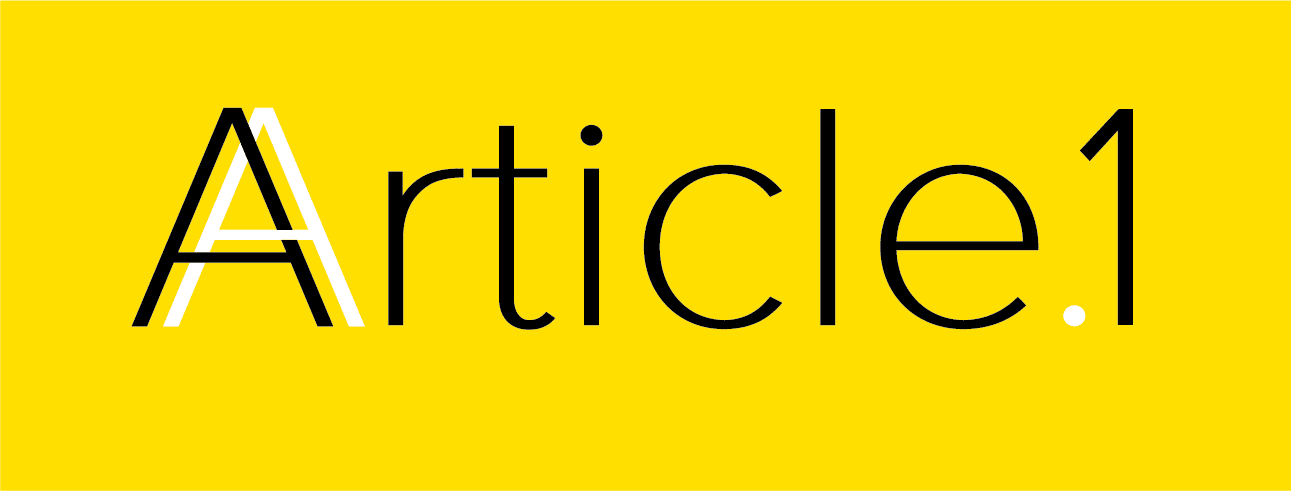Osez le numérique avec le programme Amazon future engineer !
EPITA & Epitech Technology s’engagent et soutiennent les femmes dans la Tech en s’associant à Article 1 et au Programme Amazon future engineer
Bénéficiez de l’une des 15 bourses offertes par EPITA !
Intégrez l’EPITA et bénéficiez de l’une des 30 bourses*
- Jusqu’à 7500€/an de support
- Un programme de mentorat
*sous condition d’être boursière en terminale
Parce que le numérique est une chance pour toutes et le codage le langage du futur !
EPITA et Epitech Technology s’associent à Amazon en permettant à des futures bachelières qui souhaitent suivre des études d’informatique, de bénéficier du Programme Amazon Future Engineer, en collaboration avec Article 1* association agissant pour l’égalité des chances dans l’insertion professionnelle.
L’objectif de l’EPITA est d’aider chaque année les lycéennes boursières à accéder à une carrière passionnante dans le numérique.
Le Programme Amazon future engineer est un programme destiné à sensibiliser les jeunes adultes défavorisés aux opportunités du numérique et les aider à bâtir une carrière dans les métiers de l’informatique.
Ce programme consiste à offrir jusqu’à 7500 euros de support par an**.
En plus de ce soutien financier, les jeunes filles bénéficiaires du Programme seront accompagnées pendant tout leur cursus au travers d’un mentorat individuel assuré par l’association Article 1, réalisé par un collaborateur d’Amazon.

Modalités de Participation :
- Être élève boursière en Terminale
- Être candidate au cycle post-bac EPITA ou Epitech Technology
- S’engager à suivre activement le programme de mentorat proposé par Article 1
Les candidatures sont ouvertes
Déroulé des inscriptions
- 15 janvier 2025 : Ouverture des candidatures – remplissez le formulaire en ligne
- Mi-janvier au 05 juin 2025 : Article 1 reçoit les candidatures et appelle les candidates pour évaluer leur projet et motivation à rejoindre le programme d’accompagnement
- 2 juin 2025 : Clôture des candidatures
- 9 juin 2025 : Résultats des pré-sélections sur l’éligibilité des candidates
- 10 juillet : résultats officiels des candidatures retenues

Les médias en parlent
Mardi 4 mai 2021, Elise Beuriot, responsable du programme Amazon Future Engineer en France, Amadou Merico, Manager Solution Architecture chez AWS, Emilia Mesellaty, étudiante à l’EPITA et Richard Fuentes, chargé des actions numériques à la Fondation CGénial, se sont penchés sur le lancement du programme d’activités d’Amazon pour promouvoir l’égalité des chances des jeunes dans les métiers du numérique, dans l’émission Tech & Co présentée par François Sorel sur BFM Business.

Témoignages des boursières
* Article 1 œuvre pour une société où l’orientation, la réussite dans les études et l’insertion professionnelle ne dépendent pas des origines sociales, économiques et culturelles.
** 7.500 euros les 3 premières années et 5.000€ les 2 dernières années.





